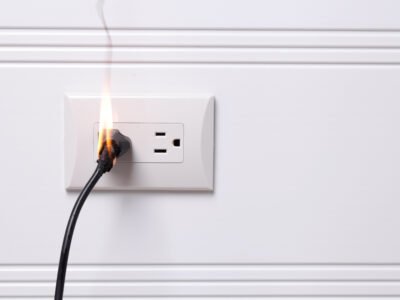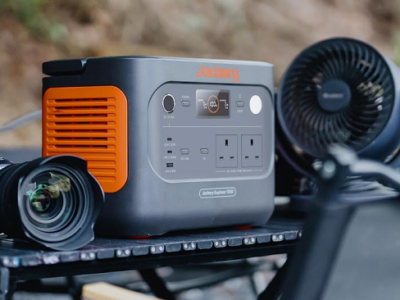Maintaining good indoor air quality (IAQ) is essential for a healthy and comfortable home environment. Pollutants like dust, allergens, and even pet dander can circulate within your home, impacting your respiratory health and overall well-being.
The good news is that there are several proactive measures you can take to improve and maintain healthy air quality throughout the seasons.
Keeping Indoor Air Quality All Year Round: Top Tips
Here are some tips on how to maintain good indoor air quality throughout the year:
1. Invest in an Air Purifier
An air purifier can be a valuable addition to your home’s comfort system. These filtration systems work by drawing in indoor air, filtering out pollutants and allergens, and releasing purified air back into the living space.
Consider consulting with an AC repair professional to determine the most suitable air purifier for your specific needs and home size.
2. Change Air Filters Regularly
Both your air conditioner and furnace rely on air filters to trap dust, debris, and allergens before they circulate throughout your home. A clogged air filter can significantly reduce your HVAC system’s efficiency and hinder its ability to maintain good IAQ.
Replace your air conditioner and furnace filters according to the manufacturer’s recommendations, typically every one to three months during peak usage seasons.
3. Schedule Regular HVAC System Maintenance
A well-maintained HVAC system plays a crucial role in promoting good indoor air quality. HVAC professionals are trained to thoroughly clean your air conditioning and heating systems, removing dust, debris, and potential mold growth that could negatively impact air quality.
Regular maintenance also ensures your HVAC system operates efficiently and minimizes the risk of breakdowns that could disrupt airflow and air circulation within your home.
4. Embrace Natural Ventilation
Whenever weather permits, opening windows and doors allows fresh air to circulate throughout your home, naturally diluting indoor pollutants and promoting better air quality. Aim for short bursts of ventilation throughout the day, especially after activities like cooking or cleaning that can generate airborne particles.
Be mindful of outdoor air quality, however, and avoid introducing excessive pollen or pollutants during peak allergy seasons.
5. Address Moisture Issues
Excess moisture in your home can create a breeding ground for mold and mildew growth, both of which can significantly impact indoor air quality. Mold spores can trigger allergies and respiratory problems. Address any water leaks or condensation issues promptly to prevent moisture build-up.
Consider using dehumidifiers in areas prone to moisture accumulation, such as basements or bathrooms.
Final Words
By implementing these simple tips and establishing a regular maintenance routine, you can significantly improve and maintain good indoor air quality in your home. Investing in an air purifier, changing air filters regularly, scheduling professional HVAC maintenance, and addressing moisture concerns will all contribute to creating a healthier and more comfortable home environment for you and your family. If you notice any concerning changes in your indoor air quality, such as persistent allergies, respiratory irritation, or musty odors, it’s best to consult with an HVAC professional for a comprehensive assessment and potential AC repair solutions.













Comments